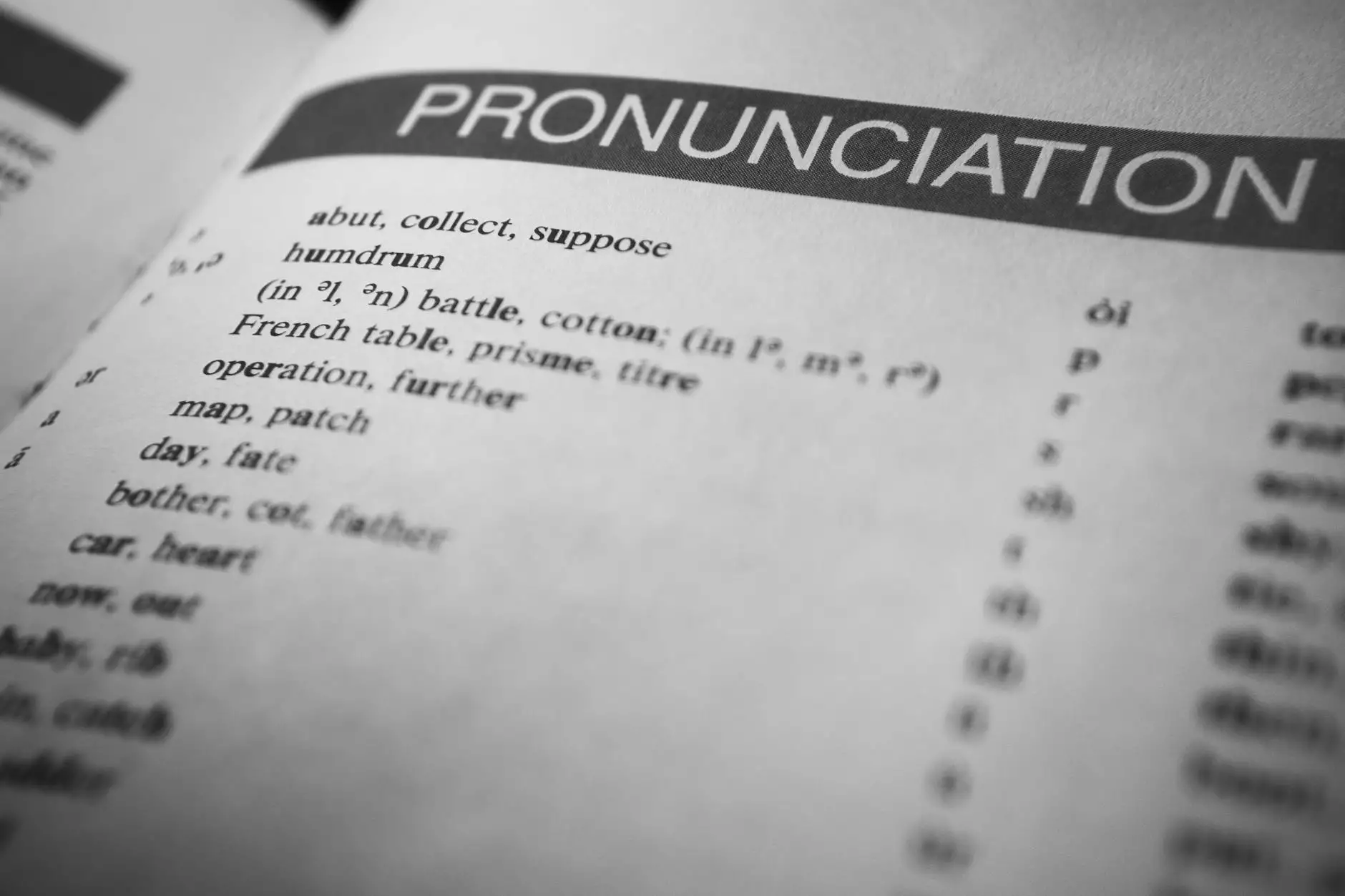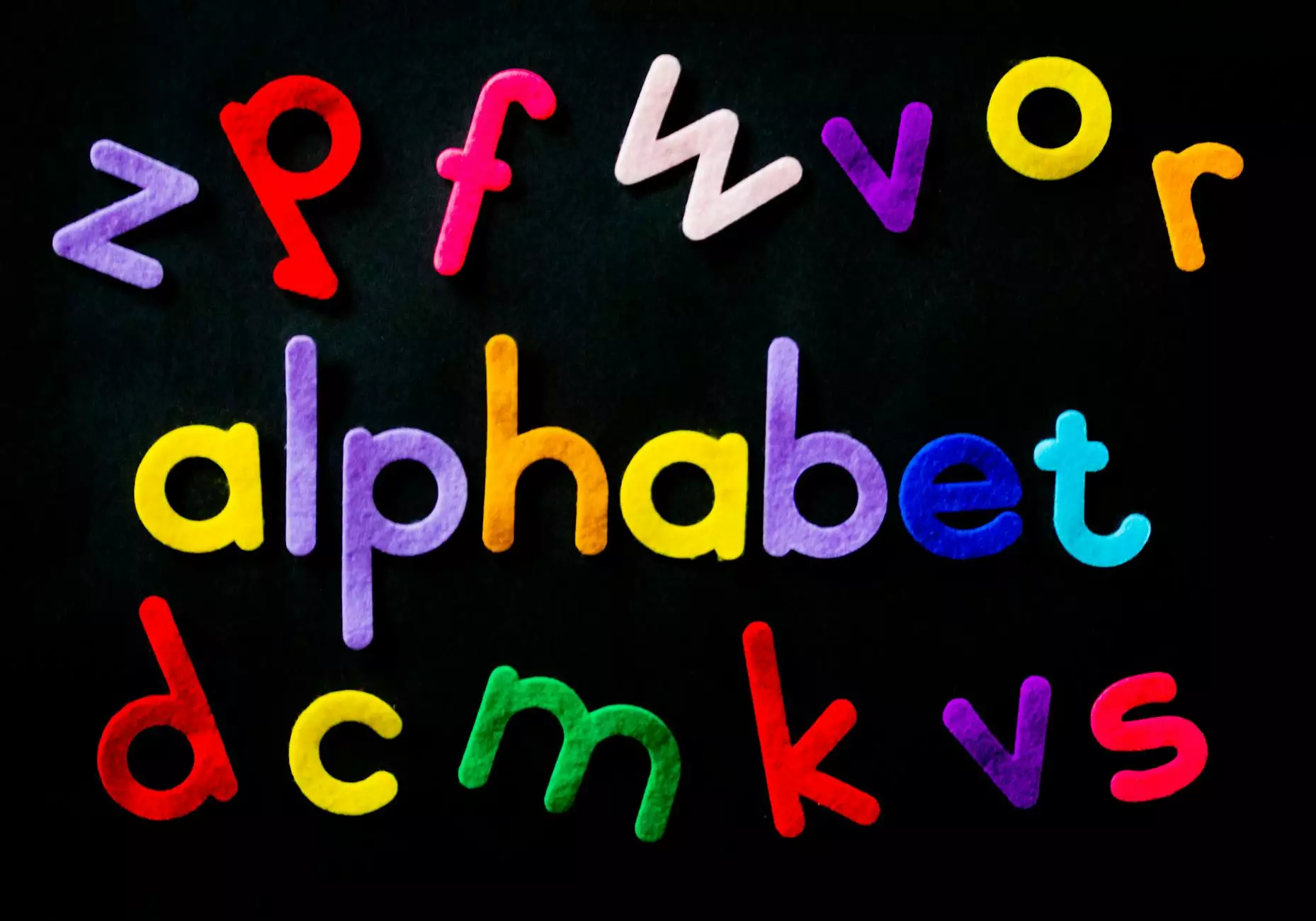Take A Crack At It – American Idiom Lesson
English Vocabulary Lessons
Introduction
Welcome to NJCLT's American Idiom Lesson on 'Take A Crack At It'! In this comprehensive lesson, we will delve into the usage, meaning, and origin of this widely used American idiom.
Usage and Meaning
The phrase 'Take A Crack At It' is an idiomatic expression commonly used in American English to encourage someone to attempt or try something. It implies taking a chance and giving it one's best effort. The phrase is often used in a supportive and motivating context, where one person encourages another to have a go at something they might find challenging.
Examples
Let's explore some examples to better understand how 'Take A Crack At It' is used:
- 1. "I know you haven't played the piano before, but why not take a crack at it? You might discover a hidden talent!"
- 2. "The project seems difficult, but don't be afraid to take a crack at it. You never know what you're capable of until you try."
- 3. "I'm not sure if I can solve this puzzle, but I'll take a crack at it and see if I can figure it out."
Origin
The exact origin of the idiom 'Take A Crack At It' is unclear, but it is believed to have originated in the early 20th century. The word 'crack' in this context refers to an attempt or a try, similar to the crack of a whip. It may have evolved from the phrase 'to take a crack at a nut' meaning to make an attempt at something difficult, as cracking open a nut can require effort and skill.
Common Variations
While 'Take A Crack At It' is the most common variation of this idiom, there are a few other alternative phrases with similar meanings:
- 1. Give it a shot
- 2. Have a go at it
- 3. Take a stab at it
- 4. Try your hand at it
Conclusion
By now, you have gained a comprehensive understanding of the American idiom 'Take A Crack At It'. Remember, when someone tells you to take a crack at something, it's an invitation to step out of your comfort zone, give it your best shot, and embrace new challenges with confidence. Practice using this idiom in your daily conversations to sound more fluent in American English!
We hope you enjoyed this lesson provided by NJCLT. If you'd like to learn more about idioms and enhance your English skills, be sure to check out our other free lessons and resources on our website.




